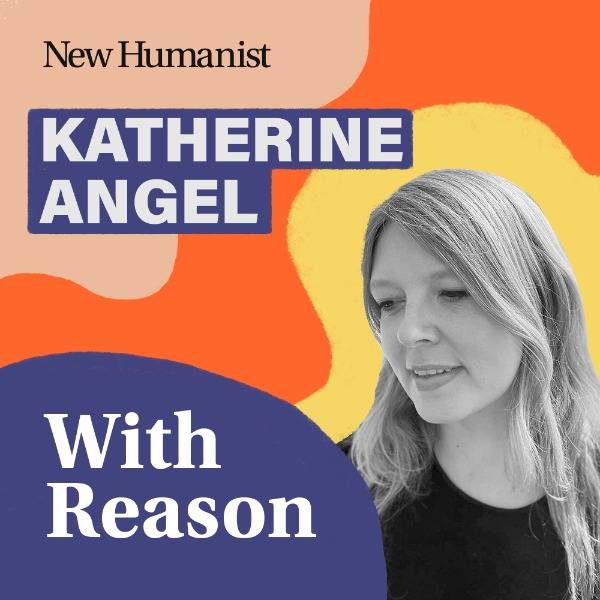This article is a preview from the Winter 2019 edition of New Humanist
will (of the people) mid-18th century, from French “volonté générale”
One of the big debates of the last few years is whether the EU referendum expressed the will of the people or if that lies with Parliament. What is this “will” and when did it become attached to “the people”?
The word (as “willa”) can be found in some of the earliest writing in the British Islands – like Beowulf for example – to mean a wish, desire or inclination. The sense of a “will” being collectively expressed takes time to evolve. In 1380, Wyclif, an early translator of the Bible, talked of “God’s will”. This is the notion of a totalising intention, the exact nuance of which depended on how God’s wish is interpreted. We come across the “will of man” in Shakespeare’s Midsummer Night’s Dream (1600) where “The will of man is by reason swayed”. Here is a collective sense of “will”, that it’s in the make-up of all of us, the word “man” standing here for all humankind. In Paradise Lost (1667) Milton wrote, “Such was the will of heaven...” and in 1711, one of the founders of the Spectator wrote a secular or superstitious version of this in the phrase, the “will of providence”.
The “volonté générale” – the general will – seems to have been coined by Jean-Jacques Rousseau in 1755, and it appears in Article Six of the Declaration of the Rights of Man and the Citizen in 1789, during the French Revolution, as: “The law is the expression of the general will.” At this point, the will of the people is set against the ancien régime. It was a demand for popular entitlement and this carries through the following decades as suffrage widens and government takes on more and more tasks. Hitler and Goebbels had a view on it too. Once in power, Goebbels said: “The Nation and the Government in Germany are one thing. The Will of the People is the Will of the Government and vice versa.”
There is no universally accepted view of what exact institution or precise process expresses this “will of the people”. We might say the phrase postpones its enactment. We are back to the referendum and Parliament: which of the two expresses the will of the people, or is it some alchemical mix of the two?

